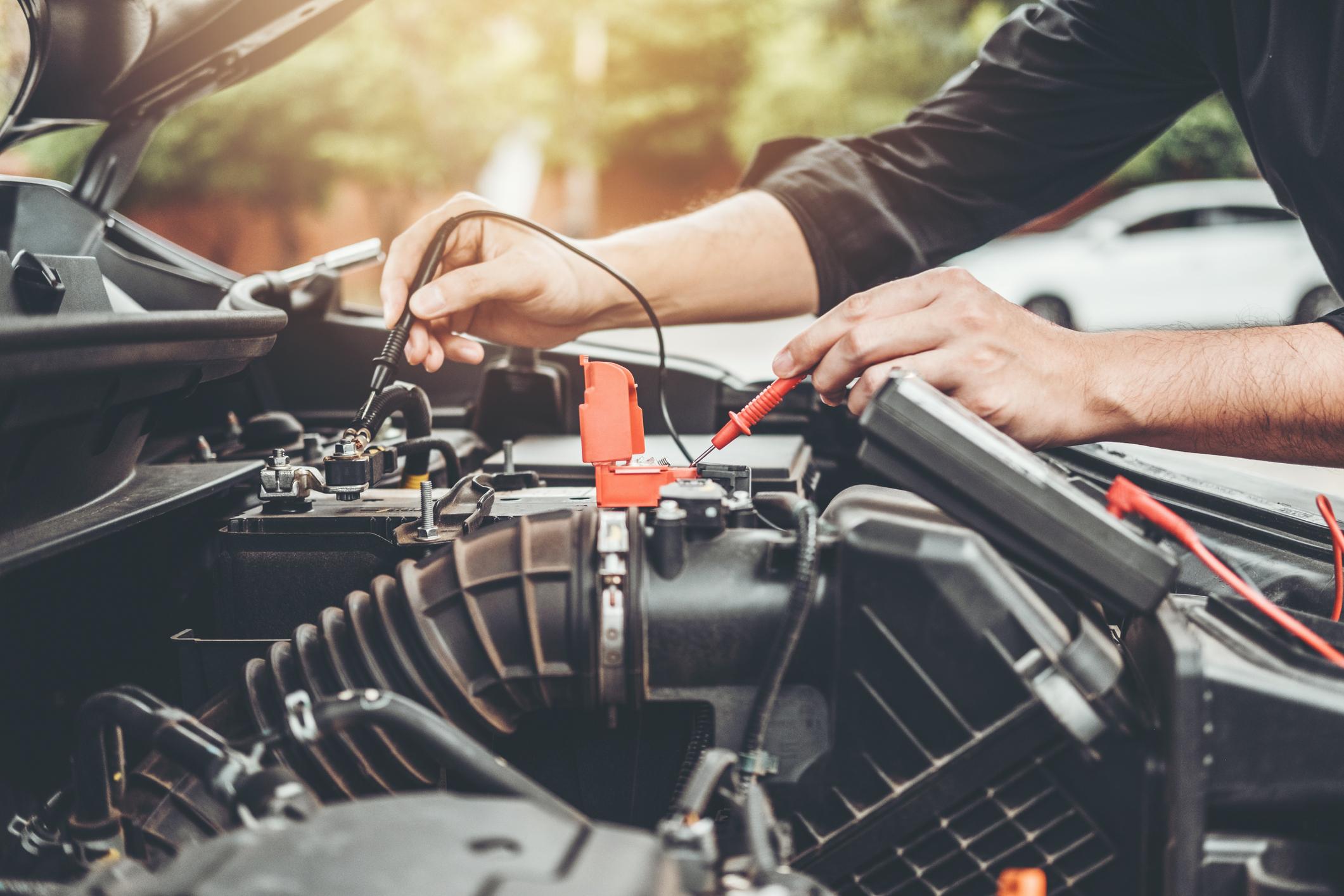Automotive maintenance is the regular inspection, cleaning, and repair of a car to keep it in good condition. It is important to perform regular maintenance on your car to prevent small problems from becoming big, expensive repairs. Here are some of the most important aspects of automotive maintenance:
- Oil changes: Oil changes are one of the most important aspects of automotive maintenance. Oil helps to lubricate the engine and prevent it from overheating. It also helps to remove dirt and debris from the engine. Oil changes should be done every 3,000 to 5,000 miles, or as recommended by your car’s owner’s manual.
- Tire rotations: Tire rotations are another important aspect of automotive maintenance. Tire rotations help to evenly wear the tires and prevent them from becoming bald. Tire rotations should be done every 5,000 to 7,500 miles, or as recommended by your car’s owner’s manual.
- Fluid checks: It is important to check the levels of all fluids in your car on a regular basis. These fluids include the engine oil, transmission fluid, power steering fluid, brake fluid, and coolant. Low fluid levels can cause serious damage to your car’s engine and other components.
- Belts and hoses: Belts and hoses are important components of your car’s engine. They help to transmit power from the engine to other components, such as the alternator and the water pump. Belts and hoses should be inspected and replaced as needed.
- Brakes: Brakes are one of the most important safety features on your car. They should be inspected and repaired as needed. Brake pads should be replaced every 20,000 to 30,000 miles, or as recommended by your car’s owner’s manual.
- Spark plugs: Spark plugs ignite the air-fuel mixture in your car’s engine. They should be replaced every 30,000 to 40,000 miles, or as recommended by your car’s owner’s manual.
- Air filter: The air filter helps to clean the air that is entering your car’s engine. A dirty air filter can reduce engine performance and fuel economy. Air filters should be replaced every 12,000 to 15,000 miles, or as recommended by your car’s owner’s manual.
- Cabin filter: The cabin filter helps to clean the air that is entering your car’s passenger compartment. A dirty cabin filter can reduce air quality and cause allergies and asthma symptoms. Cabin filters should be replaced every 12,000 to 15,000 miles, or as recommended by your car’s owner’s manual.
In addition to these regular maintenance tasks, it is also important to have your car inspected by a qualified mechanic at least once a year. This inspection will help to identify any potential problems before they cause serious damage.
By following these simple maintenance tips, you can help to keep your car in good condition and extend its lifespan.
Here are some additional tips for keeping your car in good condition:
- Drive smoothly and avoid sudden acceleration and braking. This will help to reduce wear and tear on your car’s engine and other components.
- Avoid overloading your car. Overloading can put unnecessary stress on your car’s suspension and other components.
- Park your car in a cool, dry place. This will help to prevent corrosion and damage to your car’s exterior and interior.
- Wash and wax your car regularly. This will help to protect your car’s paint from the elements.
- Have your car serviced by a qualified mechanic at least once a year. This will help to identify any potential problems before they cause serious damage.
By following these tips, you can help to keep your car in good condition for many years to come.






